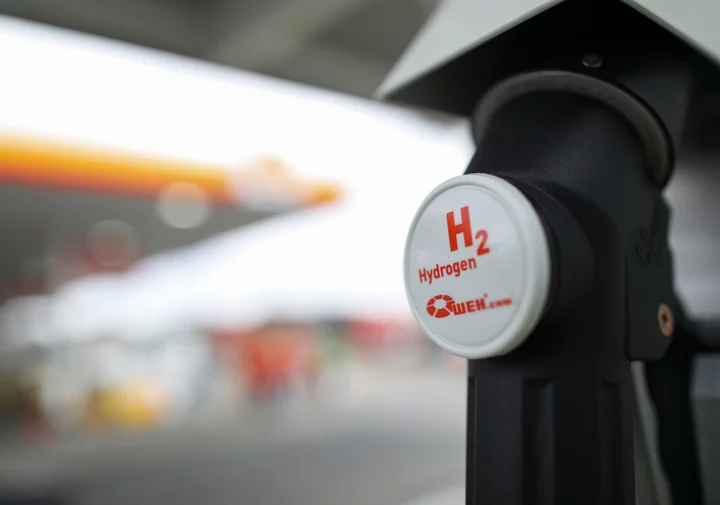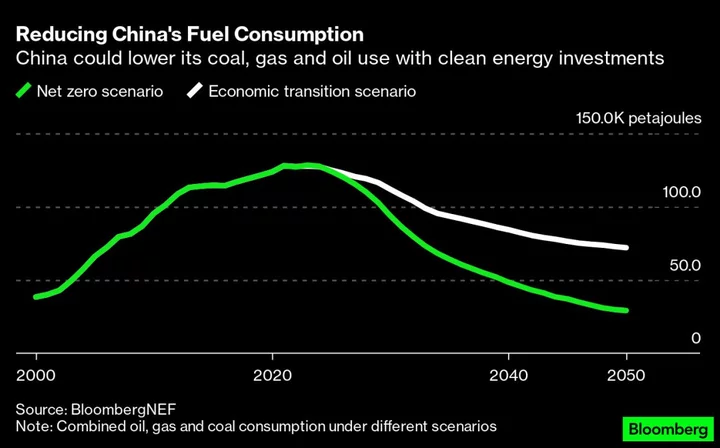A top renewable power trade group on Thursday endorsed rigorous requirements for a new hydrogen tax credit that would rule out the use of electricity from older wind, solar and nuclear facilities.
The approach, advanced by the American Clean Power Association, comes amid a furious lobbying feud in Washington and as the US Treasury Department drafts guidance for claiming the hydrogen production tax credit created by last year’s sweeping climate law.
Potential hydrogen developers are worried that strict limits will stifle the nascent industry by raising costs so much that some planned projects don’t make economic sense.
But some environmental groups and congressional Democrats insist that without tight constraints, the growth in energy demand from new, green hydrogen projects — without enough new emission-free power to supply them — could ultimately unleash more greenhouse gas emissions — undermining the hydrogen tax credit’s climate goals. They are arguing for mandates requiring hydrogen projects be supplied by new, clean power, operating on the same grid and during the same time.
Read More: Biden Pressed to Limit Hydrogen Credits Key to New Industry
The ACP blueprint attempts to find a landing zone between both positions — with potential guardrails that are likely to frustrate both developers and environmentalists. The goal, said Jason Grumet, the association’s chief executive officer, is to help foster a commercial green hydrogen industry in the US by ensuring government requirements aren’t too burdensome at the outset and yet strict enough to ensure long-term climate benefits.
“These guardrails are not inconsequential,” Grumet conceded. “They will raise the cost of hydrogen production and they will potentially constrict the early market entry.” But the alternative could be limits “so restrictive it stops the market from moving forward at all or is so flexible that it doesn’t actually achieve the purpose of the program.”
Under the framework ACP released Thursday, electrolyzers used to produce hydrogen would have to be powered by clean power that comes online within three years, though there would be allowances for significantly upgraded sites (such as wind farms retrofitted with new, bigger blades). The group would give more flexibility to the earliest green hydrogen ventures, with strict hourly requirements for clean power only kicking in for projects that begin construction after Dec. 31, 2028.
Author: Jennifer A. Dlouhy









